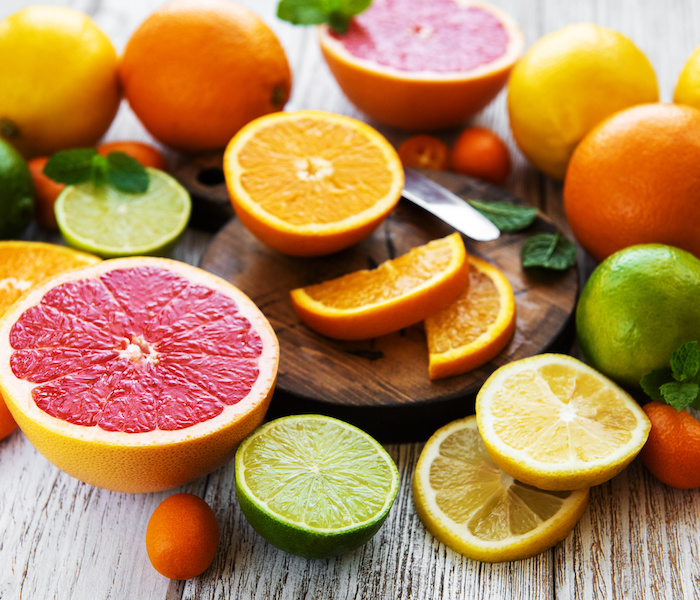What Can I Do to Avoid Kidney Stones? | Tennessee Valley Urology Center

When we think of kidney stones, it’s natural for us to think of them happening to middle-aged people and older. While that is still mostly true, it’s not as true as it used to be.
In the past 10 to 20 years or so, kidney stones have become more and more common among children and teens.
So, why is this happening, and what can you do to lower your risk of developing this extremely uncomfortable condition?
Well, the answer is to strive to be healthier overall, and our Tennessee Valley Urology Center team explains some of the specifics of how to do that below.
Ways to Lower Your Kidney Stone Risk
Stay well-hydrated. When you’re not drinking enough fluids, your kidneys produce less urine, making your urine more concentrated and more likely to develop stones. Experts say to aim to drink between 10 and 12 cups of water per day to adequately hydrate your body and lower your risk of kidney stones.
Limit your sodium intake. One of the biggest reasons kidney stones are affecting younger people and other age groups is because of the types of food people eat. One of the biggest culprits of increased kidney stone risk is sodium, which leads to an increase in calcium in the urine. Do your kidneys a favor and stray away from consuming lots of fast foods and other foods that have a high sodium content! That includes many packaged foods, since sodium is used as a preservative.
Eat more citrus fruits. Adding more citrus fruits to your diet, such as lemons and oranges, can help prevent kidney stones. Rather than totally eliminating the development of kidney stones, citric acid from citrus fruits prevents small stones from becoming “problem stones” by coating them and preventing other material from attaching and building onto them
Be active and maintain a healthy weight. As obesity rates rise, so do kidney stone rates. Obesity is also strongly correlated with diabetes (another kidney stone risk factor) and to the kinds of high-sodium processed foods that increase calcium in the urine.
If you believe you may be dealing with a kidney stone, our medical providers at Tennessee Valley Urology Center can provide the help you need! Don’t hesitate to reach out today to schedule an appointment or with any other kidney-related questions.
